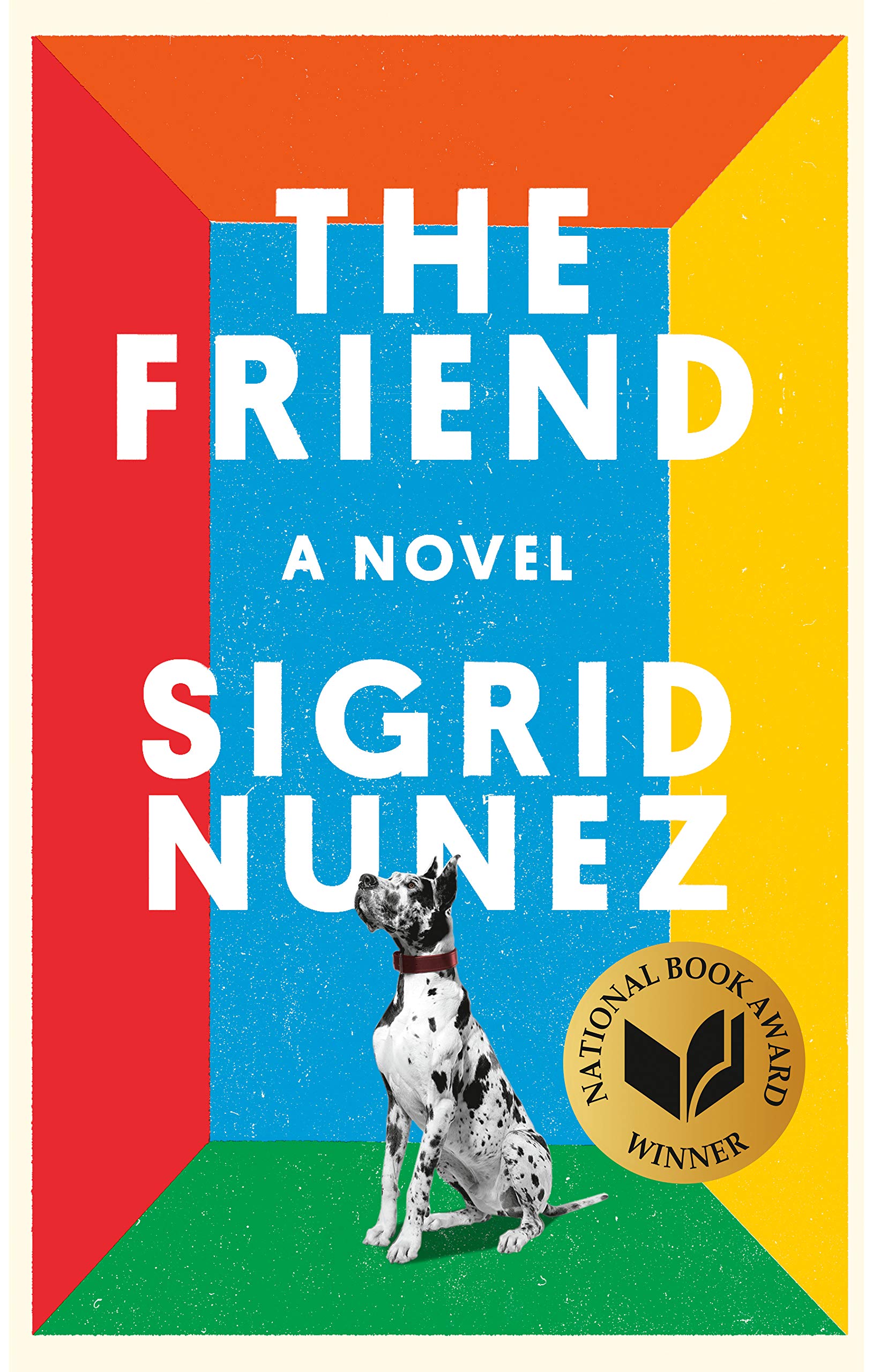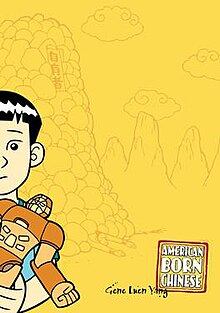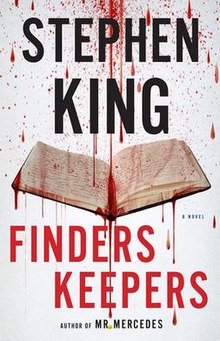 Sigrid Nunez's The Friend is not simply a novel, but an extended, contemplative essay about a myriad of topics revolving around the relationship between people and animals as well as the relationship between people and writing. I call it an essay because while it does have a plot and this plot does have a beginning, middle, and end, much of the novel stops for its narrator to contemplate things that do not move the plot forward. For some this might be an exercise in frustration, and I even felt that frustration at the outset, but I eventually grew to find a lot to like in Nunez's blend of contemplations and the gradual movement of plot.
Sigrid Nunez's The Friend is not simply a novel, but an extended, contemplative essay about a myriad of topics revolving around the relationship between people and animals as well as the relationship between people and writing. I call it an essay because while it does have a plot and this plot does have a beginning, middle, and end, much of the novel stops for its narrator to contemplate things that do not move the plot forward. For some this might be an exercise in frustration, and I even felt that frustration at the outset, but I eventually grew to find a lot to like in Nunez's blend of contemplations and the gradual movement of plot.That plot is that a close friend of the unnamed narrator (who is referred to as "you," as though this novel is in fact a letter being written to the narrator's dearly beloved friend) has committed suicide, out of the blue. The next part of the plot, though it takes some time to get there, is that Wife Three wants the narrator to take the deceased's dog, a massive, but elderly, Great Dane. The narrator finds this difficult because she is living in an apartment that does not allow dogs. In between these plot points are the reflections of the narrator and the day-to-day life interactions she has with others and the dog, Apollo (one of the few named characters). Yet, though the narrative is written in a choppy manner, it strangely flows quite smoothly. It flows like the thought processes of a person, jumping from one idea to the next and sometimes returning to revise or question a previous idea (sometimes comically so).
I think it was in the narrator's descriptions of the life of a writer where I made my strongest connection. With the death of her friend, a professor and a writer, the narrator finds a connection between being a writer and being miserable. Why is it that a highly successful writer would commit suicide? Is there something about the act of writing that makes a person miserable? Having made my own attempts at writing novels, I understand this. Even though I grow excited with the idea of writing, it takes a lot of effort and willpower to get myself to actually sit down and write. And then I might go for months writing every day before I lose the willpower and stop. At this point, the writer feels some kind of draw to return to "their vomit," as the narrator's deceased friend referred to it. I understand. And when the narrator then seems to question why so many people want to go into writing, I also understand. The number of books published is astounding, so much more than anyone could conceivably read in their lifetime. This book points out that if everyone stopped publishing books for a year, it would have no effect (except on the economy). There's almost a sense of nihilism - almost.
And yet, Nunez does not take the elitist stance and suggest that only the select few with real talent continue writing. In fact, she doesn't really take a stance at all. The novel places contradictory ideas on the same page and refuses to weigh in. Oftentimes the ideas of other authors or famous people are placed on the page without additional comment, or anecdotes are told, or films are summarized (at least two films, including White God, are summarized seemingly in their entirety), and sometimes the point is made implicitly, sometimes not at all - sometimes it is there because it relates to the topic. When the book takes a break from telling its story, it feels like a heavily researched essay in which all of the evidence is laid out without the support of a unifying thesis. This is a book that trusts its readers' intelligence and curiosity. It's one that allows you to become comfortable with its narrator, and though the time you spend with it will be brief, its impact will be far more lasting.





